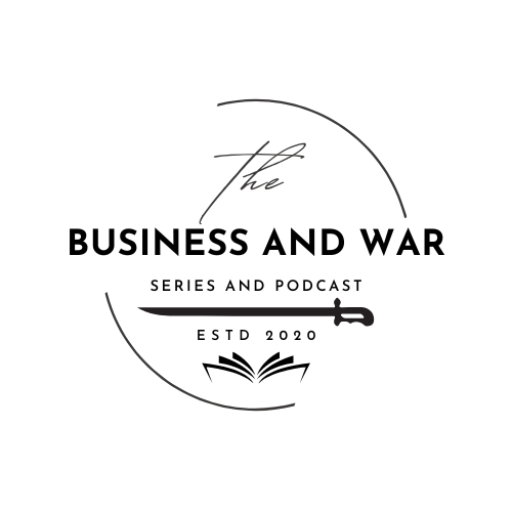Understanding the Parallels Between Business and War
Business and warfare, though seemingly disparate, share a multitude of core principles that define their respective landscapes. At the heart of both realms lies the essential need for strategy. Much like a military general devises a battle plan, business leaders must meticulously craft strategies to navigate complex markets and achieve organizational objectives. The importance of strategic foresight cannot be overstated, as it often determines the success or failure of both campaigns and business ventures.
Leadership is another pivotal parallel between business and war. In both arenas, leaders are tasked with making critical decisions under pressure, inspiring and mobilizing teams, and steering their organizations through turbulent times. Historical examples abound where business magnates have drawn from military strategies to gain a competitive edge. For instance, the renowned military strategist Sun Tzu’s principles from “The Art of War” have been widely adopted in business for their insights into competitive positioning and resource allocation.
Preparation and planning in business are akin to a general preparing for battle. The meticulous gathering of intelligence, understanding of the competitive landscape, and readiness for unforeseen challenges are crucial for both military and corporate success. Businesses that invest in thorough market research and anticipate potential disruptions are better equipped to adapt and thrive, much like an army that prepares for every possible scenario before engaging in combat.
Competition in the business world can be as fierce and unforgiving as wartime conflicts. Market rivalries often push companies to innovate, improve efficiency, and outmaneuver their competitors. The stakes are high, and the consequences of failure can be severe, mirroring the intensity of military engagements. This competitive environment demands a high level of psychological and emotional resilience from business leaders and their teams.
Ultimately, embracing the mindset required in warfare can lead to significant success in business. The ability to remain calm under pressure, make swift yet informed decisions, and maintain unwavering determination are qualities that can propel business leaders to new heights. Understanding and applying these parallels between business and war can provide invaluable insights and a competitive advantage in the relentless pursuit of success.
The Spoils of War: Rewarding Outcomes in Business
Navigating the brutal landscape of business can be likened to a strategic battle, where the spoils of war are the rewards harvested from overcoming significant challenges. In the business context, these rewards often manifest as increased market share, substantial financial gains, and coveted industry recognition. The journey through the competitive and often unforgiving terrain of the business world can be arduous, but the potential outcomes are profoundly rewarding.
Market share is one of the most tangible spoils of war in business. When a company successfully outmaneuvers its competitors, it often secures a larger portion of the market, leading to enhanced visibility and influence. For instance, Apple, through relentless innovation and strategic marketing, has not only dominated the smartphone market but has also set industry standards. Their success story underscores how navigating competitive challenges can result in significant market control.
Financial gains are another lucrative outcome of enduring business battles. Companies that manage to streamline operations, optimize resources, and deliver superior products or services often see a substantial increase in revenue. Amazon’s journey from an online bookstore to a global e-commerce giant exemplifies this. Through continuous adaptation and expansion, Amazon has reaped massive financial rewards, demonstrating how perseverance in the face of business challenges can lead to extraordinary economic success.
Industry recognition is also a critical reward for businesses that emerge victorious from competitive struggles. Recognition can come in various forms, such as awards, certifications, or even being cited as industry leaders. Tesla, for example, has garnered widespread acclaim for its breakthroughs in electric vehicles and sustainable energy solutions. This recognition not only elevates the company’s prestige but also solidifies its position as a pioneer in its field.
Moreover, the rigorous journey through business battles fosters the development of invaluable skills, stronger networks, and innovative solutions. Entrepreneurs and business leaders who navigate through these challenges often emerge with enhanced strategic thinking, resilience, and a robust professional network. These intangible benefits can be just as significant as financial and market rewards, as they equip businesses with the tools needed for sustained success.
While the path through the competitive business landscape is fraught with difficulties, the rewards can indeed justify the effort and sacrifices made. Embracing the challenges of business as opportunities for growth and triumph can lead to remarkable success, both tangible and intangible. Therefore, the brutal path to success in business, much like in war, can ultimately lead to unparalleled rewards and enduring achievements.
